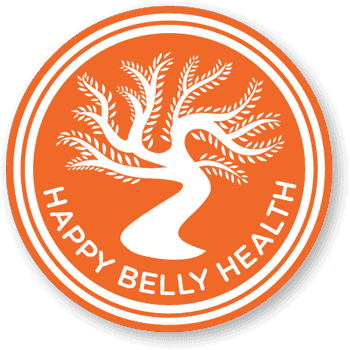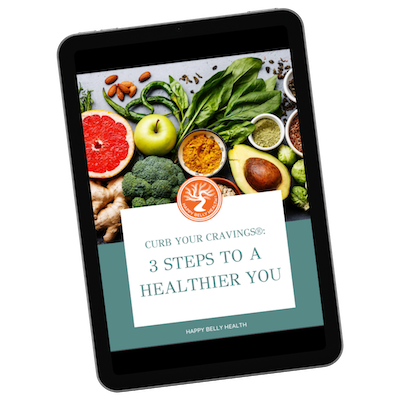What is gratitude journaling?
One of the most transformational realizations we can have in our lives is that stress is a subjective experience.
Certainly the circumstances of our lives at a given point in time may be more or less objectively concerning or alarming through our common social lens. But ultimately, our experience of stress is determined only about 10% by what happens to us, with the other 90% coming from how we choose to react or respond to those events.
The glass that is both half-full and half-empty of water is a powerful, simple example. Both assessments are factually true. Which you choose is about your perspective. And your perspective plays a dominant role in your expectations and your habitual patterns of reaction/response to events. “Losing your job” may be a fact. Having a lot of financial limitations as an immediate result may be a fact. But the experience of devastating fear or excited opening to beginning a brand new, more fulfilling career is a choice. A perspective. One that will have dramatically different downstream effects on our bodies.
We train our dominant perspective in life by how we respond to more normal everyday events. If we cultivate the habit of focusing on predominantly negative or critical or disturbing aspects of our everyday lives, we are much more likely to do that when presented with major, unexpected events.
We will choose the glass half-empty, a negative and more intense stress reaction, promoting a potent, ongoing sympathetic nervous system activation.
We can begin, however, to consciously choose to focus on positive, uplifting, supportive aspects of our everyday lives. From there, we can cultivate the habit of choosing a more empowering response in the face of unexpected events too. Over time, we learn to instinctively insert a pause between events and our reaction. When we create this gap, we are able to choose to respond in ways that are helpful vs. reacting immediately and mindlessly in ways that promote stress (and its damaging effects) in our bodies.
Gratitude Journaling: An easy way to practice mindfulness
Many mindfulness practices can help to cultivate awareness and a more positive, uplifting perspective. The easiest, most approachable of these for many people is gratitude journaling. By taking a few minutes every day to purposefully focus our thoughts on what we appreciate, what we wish to celebrate and savor, we train our brain to look for and focus on this perspective more often. Ultimately, this enables us to choose to have less stress. The result? Lower stress hormones, more endorphins, less oxidative damage to the brain, better long-term cognitive function.
Here are a few tips to get started with this powerful personal practice:
- Choose your timing. Do you want to do daily Gratitude Journaling first thing in the morning after you awaken or last thing at night before you turn out the light. Either can work well!
- Choose your journal. To help avoid technology intrusion into your early morning or late evening, we recommend Not using a phone or computer. Select a nice hard-copy journal or simple notebook for this purpose, something you will enjoy using.
- Now let’s practice. Write down One very specific thing (e.g. person, pet, mindset, event, tool, opportunity) you are grateful for in this moment. Now list five detailed reasons why you are grateful for it. Be specific, not generic. Be vivid. Include enough detail words to awaken warm, positive emotions about it. If you feel inspired, capture another target for your gratitude and at least 5 detailed reasons for your appreciation.
- You can do this! The goal is to thoroughly and richly experience gratitude for at least one thing every single day. You only need 8-10 minutes daily, but don’t skimp on how you do this. Writing it down is critical. Diving into the detail is critical. And repetition is critical. Put this commitment in your calendar or set a daily cell phone reminder if it will help you to prioritize this habit regularly. You will want to do this Every day in order to change your habitual stress response and reap significant long-term health benefits.
If you would like some customized support to delve deeper into your health and nutrition, let’s chat.
© Purpose Inc., The School of Applied Functional MedicineTM






